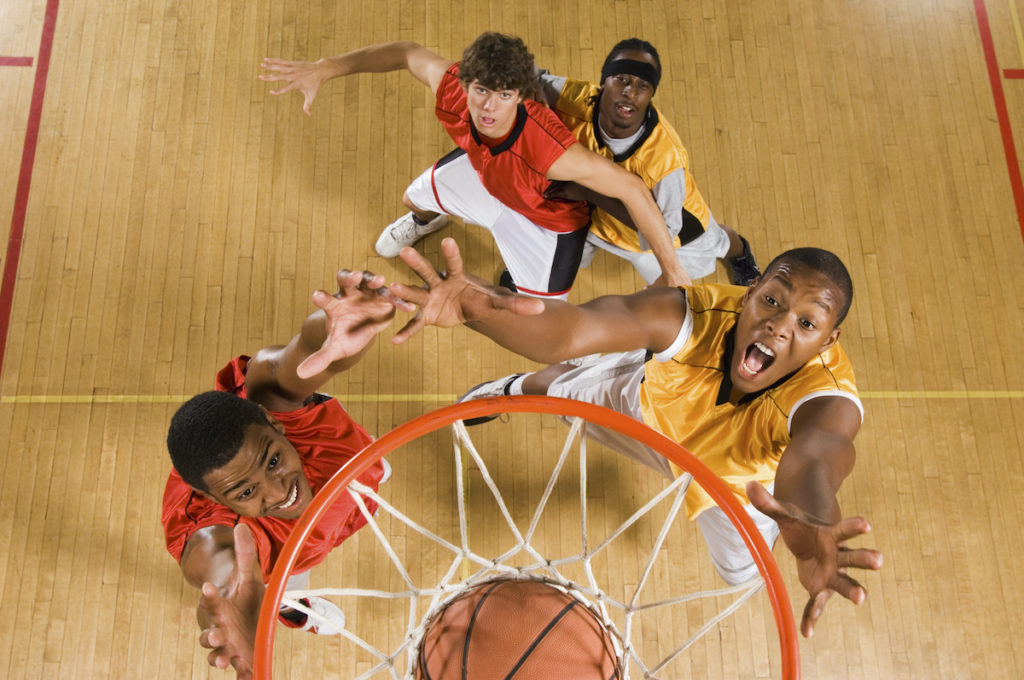The pandemic has exerted a powerful and disruptive influence on our lives. We have been confronted with many issues of great importance—unemployment, lives lost, and the best safety practices moving forward. By comparison, the disappearance of sporting events and activities from our lives is a trivial matter.
Yet amid the chaos and uncertainty, major sports leagues have been working tirelessly, if quietly, to figure out a way to resume their operations safely. It seems as though if we are ever going to return to something approximating normalcy, sports must somehow be integrated into the new way of life.
Here’s why sports matter so much, and how even casual fans can benefit from growing in their appreciation of sports.
Why sports matter
On June 25th, 2020, Liverpool FC clinched the English Premier League. Despite the club’s holding 18 previous domestic league trophies, this was a historic achievement. The last time they won the competition was 30 years ago; it actually had a different name. There were many agonizing near-misses along the way, some of which – like Steven Gerrard’s slip against Chelsea in 2014 – are seared into the memory of club supporters. Many popular players and managers have come and gone in that time. Fans became understandably hesitant to voice optimism.
The coronavirus even meddled to an extent, pushing back the outcome by over three months. And due to safety protocols, fans weren’t in the stands to cheer on the squad during the last few matches, or to celebrate with them upon their coronation.
Yet every Liverpool fan shared at that moment. Throughout the season and across the years, they lived through those ups and downs together, even without knowing each other personally. Parents became grandparents; new generations were brought up to cheer for the family team. You can make an instant connection with any fellow Liverpool supporter based on that shared experience.
Even if you’re not a fan of Liverpool—or European football as a sport—you can relate to that experience through your own connection to sports. Fans of the Cleveland Cavaliers or LeBron James know what it’s like to finally win a championship for a city after years of futility. Followers of individual sports identify with similar ups and downs that their favorite athletes must deal with. For these reasons, sports matter. Their absence has been missed.

Understanding psychographics
Not all sports fans are cut from the same cloth. Thus, various stakeholders want to study the psychographics of their fan bases—the various types of emotional connections that make people support a certain athlete or team.
The logic is similar to how regular businesses would use feedback management solutions to understand their customers. Sports leagues, team franchises, and even top athletes effectively operate like businesses. They want to forge better connections with the fans, who are also their customers. They want to improve the product and experience.
Yet psychographics can also be used in reverse. Sports are similar to other forms of entertainment in that we can appreciate them on multiple levels. Most fans don’t really give too much thought to why they follow a particular sport or cheer for a specific athlete. Maybe their family supports that team. Maybe that athlete has a likable story or strong presence on social media.
You can stick to the causal level and consume sports as they are presented. That’s totally fine. But if you’d like to maximize the way you engage with sports—often to the tune of two or three hours a day—knowing your psychographic can jump-start your exploration of other ways to connect with sport and enrich your experience.
Expanding your appreciation
Because of the competitive element, it’s often argued that sport will never be an art form. Yet sports have considerable similarities with art. In particular, dance, gymnastics, figure skating, and synchronized swimming all mesh artistic elements with athletic performance.
No one doubts that increasing the breadth and depth of your appreciation for art will enrich you as a person. We are taught from childhood that even if you don’t create art, the simple act of appreciating art improves well-being, creativity, and empathy.
Developing your appreciation for sport in a similar way can enrich your perspective. You’ll see role players sweating over unglamorous tasks to achieve team success, star players learning to cooperate and compromise, coaches conducting the performance from the sidelines. You’ll appreciate the commitment athletes make to master the nuances and embrace the grind to become great at their sport.
In a world of social distancing, sports give us a platform for stronger communication. Take the first step towards making those connections by growing in your appreciation.




